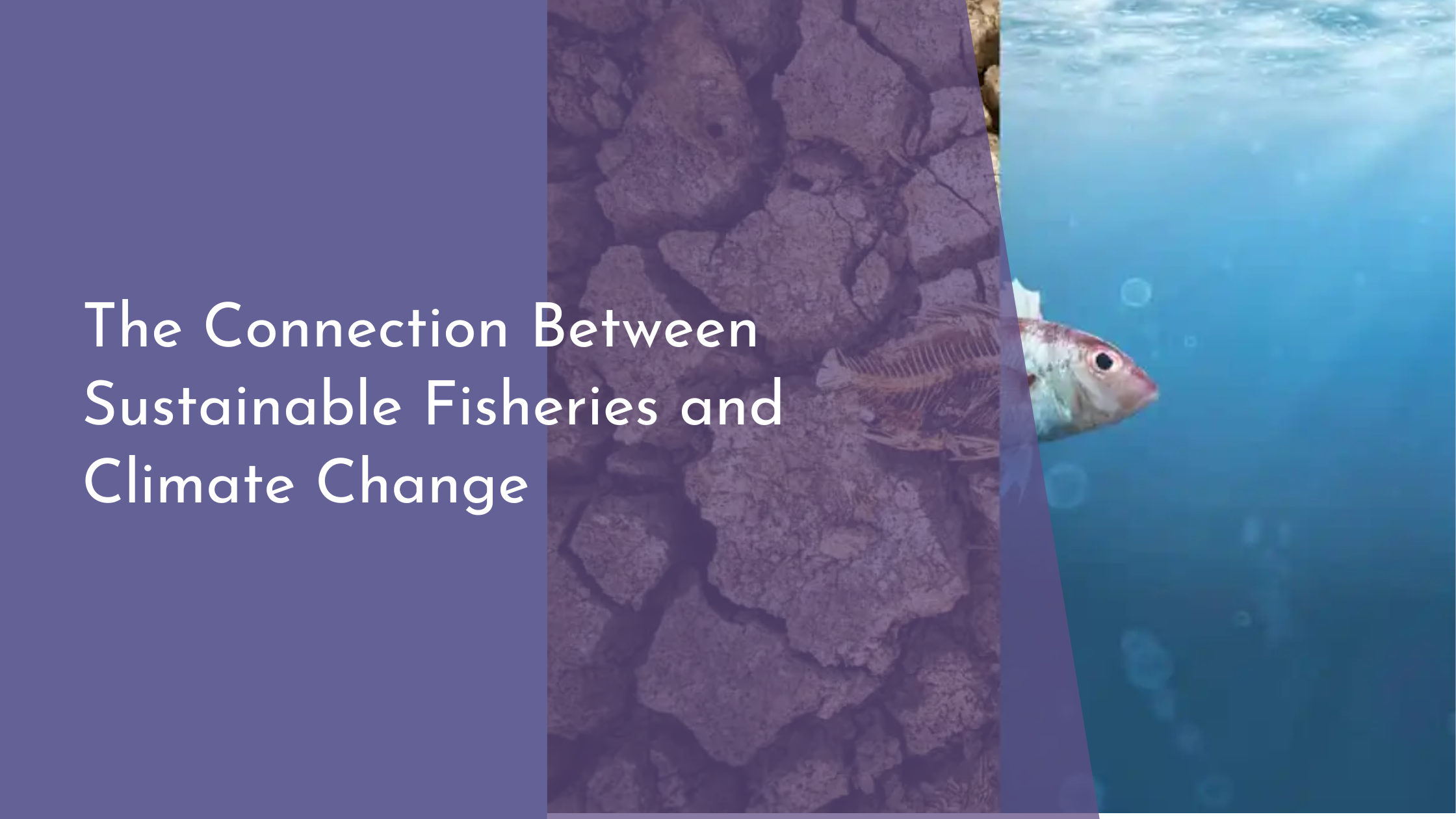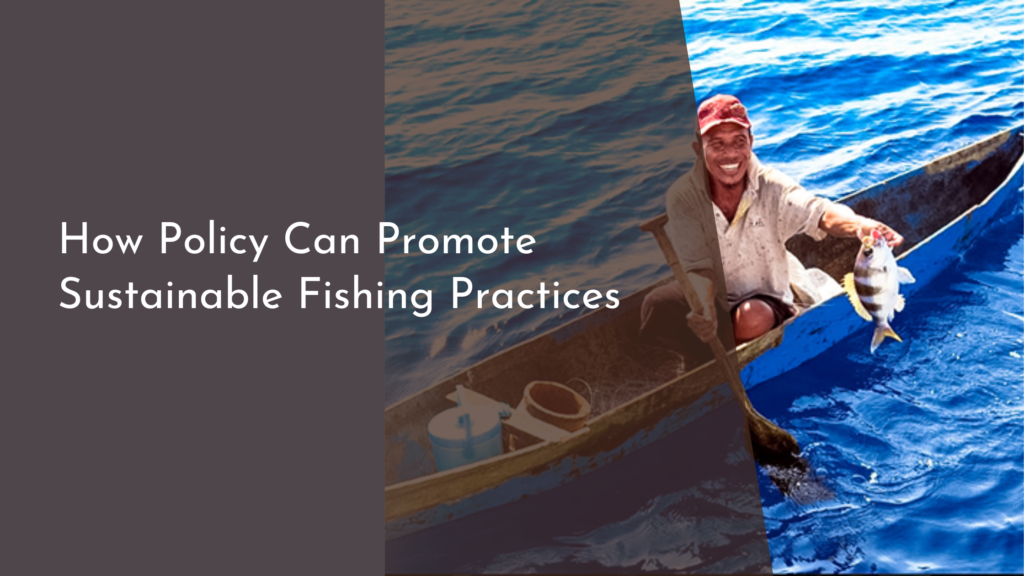The Connection Between Sustainable Fisheries and Climate Change
The health of our oceans is vital to the planet’s ecological balance, and sustainable fisheries are an essential component in maintaining this balance. As climate change continues to pose significant challenges to marine ecosystems, the role of sustainable fisheries becomes increasingly important. This article delves into the intricate relationship between sustainable fishing practices and climate change, exploring how they can coexist to protect marine life and foster environmental resilience.
Understanding Sustainable Fisheries Practices
Sustainable fisheries are guided by principles that ensure fish stocks are managed and harvested in ways that do not compromise their long-term viability. This involves careful regulation of fishing quotas, protection of critical habitats, and the use of selective fishing gear to minimize bycatch. These practices are designed to maintain the delicate balance of marine ecosystems, which are essential for the diversity of life in our oceans. By ensuring that fish populations remain at healthy levels, sustainable fisheries contribute to the overall resilience of the marine environment.
Moreover, sustainable fisheries also consider the socioeconomic aspects of fishing communities. By promoting responsible fishing methods and supporting local economies, these practices help to ensure that the benefits of marine resources are equitably distributed. This holistic approach not only preserves fish stocks but also supports the livelihoods of those who depend on the industry, creating a sustainable model for future generations.
The Impact of Climate Change on Marine Life
Climate change has profound effects on marine ecosystems, altering ocean temperatures, currents, and acidity levels. These changes can lead to shifts in species distribution, with some fish populations migrating to cooler waters, while others face increased stress and mortality rates. Coral reefs, crucial habitats for many marine species, are particularly vulnerable to rising temperatures and ocean acidification, resulting in widespread bleaching events and habitat degradation.
As these environmental changes intensify, the challenges for sustainable fisheries become more complex. Fishing communities must adapt to the shifting availability of fish stocks, while also managing the impacts of extreme weather events on their operations. This dynamic environmental landscape requires a keen understanding of the interconnectedness of marine ecosystems and the implementation of adaptive management strategies to ensure the sustainability of fisheries in the face of climate change.
How Sustainable Fishing Mitigates Climate Risks
Sustainable fishing practices can play a critical role in mitigating the impacts of climate change on marine ecosystems. By prioritizing the health of fish stocks and the ecosystems they inhabit, sustainable fisheries help to maintain the natural balance of the ocean, which in turn supports its capacity to sequester carbon. Healthy marine ecosystems, particularly seagrass beds and mangroves, act as significant carbon sinks, absorbing carbon dioxide from the atmosphere and helping to regulate the global climate.
In addition, sustainable fisheries contribute to the resilience of marine ecosystems by reducing overfishing and promoting biodiversity. Diverse ecosystems are better equipped to withstand and adapt to climate change, as they offer a range of ecological functions and services. By fostering biodiversity, sustainable fisheries enhance the resilience of the ocean to withstand environmental shifts, ultimately contributing to the broader efforts to tackle climate change.
A Bright Future: Balancing Fisheries and Climate
The path toward a sustainable future for fisheries and the climate lies in integrated management approaches that balance ecological, economic, and social factors. Collaborative efforts among governments, scientists, and fishing communities are essential to develop policies that support sustainable fishing while addressing the challenges posed by climate change. Through initiatives such as marine protected areas and ecosystem-based management, stakeholders can work together to create a resilient and sustainable future for our oceans.
Education and awareness are also key components of promoting sustainable fisheries in the context of climate change. By increasing public understanding of the importance of sustainable practices, communities can drive demand for responsibly sourced seafood and support policies that protect marine ecosystems. As consumers become more informed, they can make choices that reflect their commitment to sustainability, encouraging the seafood industry to adopt environmentally friendly practices.
The connection between sustainable fisheries and climate change underscores the importance of maintaining healthy marine ecosystems for the well-being of our planet. By embracing sustainable fishing practices and recognizing their role in climate mitigation, we can safeguard the future of our oceans and the diverse life they support. As we continue to address the challenges of a changing climate, fostering a symbiotic relationship between fisheries and the environment will be crucial in creating a sustainable and thriving world for generations to come.


